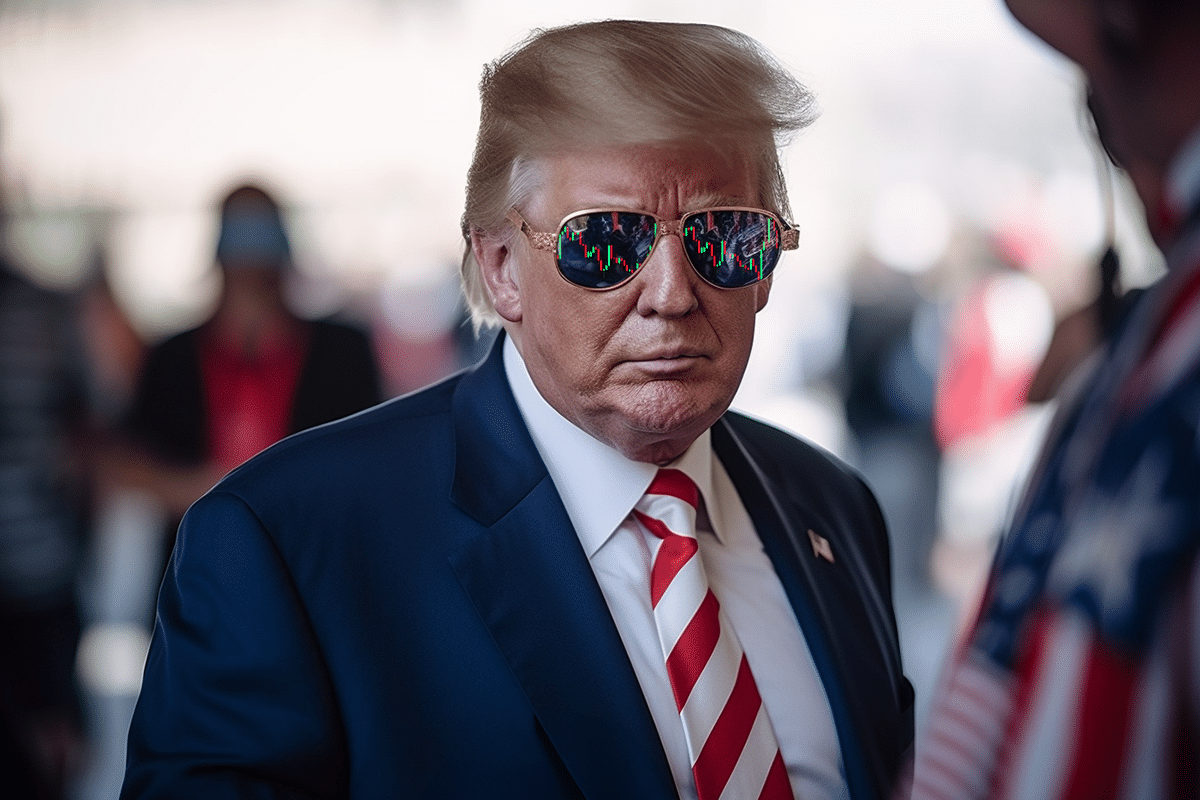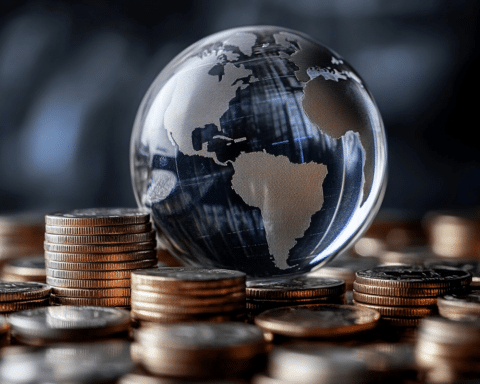Donald Trump’s election as president is set to bring profound shifts to the global economy, with consequences likely to ripple through trade, financial markets, and international relations. His proposed policies, such as aggressive tariffs, deregulation, and changes to foreign alliances, have the potential to reshape economic growth and stability worldwide. With the Republican Party controlling both the Senate and potentially the House, Trump’s administration has a unique opportunity to enact a substantial portion of his agenda, which could accelerate the impact of his policies.
Central to Trump’s platform is the introduction of high import tariffs, particularly targeting China with a proposed 60% tariff and a universal 10% tariff on all foreign imports. Such measures could reduce global trade, slow growth in export-heavy economies, and drive up inflation in the United States, pushing the Federal Reserve to tighten monetary policy. As borrowing costs rise in response, countries reliant on trade with the U.S. may experience further financial strain, marking a period of intensified economic challenge globally.
Rising Inflation and U.S. Treasury Concerns
Trump’s fiscal plans could lead to a significant increase in the U.S. national debt, projected to grow by $7.75 trillion by 2035 if his spending and tax pledges are fully enacted. This anticipated surge in debt might destabilize the U.S. Treasury market, posing risks not only to American financial stability but also to the international economy. With the dollar being a primary reserve currency, any instability in U.S. financial assets could have global repercussions, potentially shaking investor confidence and triggering market volatility.
Global growth projections are already weak, with the International Monetary Fund (IMF) characterizing recent expansion as “feeble.” Trump’s policies present a downside risk to the IMF’s 3.2% global GDP growth forecast, potentially exacerbating economic pressures. Should the U.S. Federal Reserve respond to higher inflation with rate hikes, the burden of higher borrowing costs will fall heavily on emerging markets and trade-dependent countries, creating additional barriers to economic recovery and growth.
Emerging Markets: Caught in the Crossfire
Trump’s economic policies are anticipated to have a pronounced impact on emerging markets, many of which are reliant on dollar-denominated borrowing. With potential interest rate hikes from the Federal Reserve in response to rising U.S. inflation, emerging economies may face heightened costs for accessing capital. This financial pressure, compounded by reduced exports due to U.S. tariffs, could place emerging markets at a significant disadvantage in the global economy.
Mexico, in particular, could bear the brunt of Trump’s policies. Beyond the impact of tariffs, Trump’s stance on border security and deportations could further disrupt the Mexican economy, which already faces challenges from domestic issues like cartel activity and government instability. The Mexican peso’s recent drop against the dollar highlights the currency’s vulnerability, foreshadowing the economic hurdles the country may encounter as Trump’s policies take effect.
Strategic Shifts for China and Europe
As the world’s largest exporter, China could respond to U.S. tariffs by seeking new markets for its goods, with Europe being a likely target. This shift could create challenges for European economies, especially if Chinese exports flood local markets, driving down prices and impacting European producers. With Europe already facing slow growth, any oversupply could complicate the economic landscape and pressure domestic businesses to compete with lower-priced imports.
In addition to trade concerns, Trump’s potential reduction of U.S. support for NATO could require European nations to increase defense spending. Many European countries rely on the U.S. military presence for security, particularly in the face of Russia’s ongoing conflict in Ukraine. However, with government debt levels in Europe close to 90% of GDP, any increases in defense spending will likely stretch national budgets further, complicating economic recovery efforts in a region already facing financial challenges.
Potential Beneficiaries and Long-Term Implications
While many countries may face economic strain under Trump’s policies, certain economies stand to gain. Brazil, for instance, could benefit by increasing exports to China, which may turn to Brazilian goods as alternatives to U.S. products. During Trump’s previous presidency, China replaced its U.S. soybean imports with Brazilian ones, a shift that could repeat with the imposition of new tariffs, offering Brazil new trade opportunities.
Over the long term, Trump’s deregulation agenda may have significant effects on global financial stability, particularly if the U.S. pulls out of international banking agreements like Basel III, which aims to protect global markets from excessive risk. This move could weaken established financial safeguards, potentially increasing vulnerability to future economic shocks. The evolving landscape under Trump’s leadership will demand adaptability from economies worldwide, as they navigate a period of unpredictable economic policies and their far-reaching effects.




